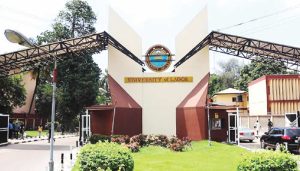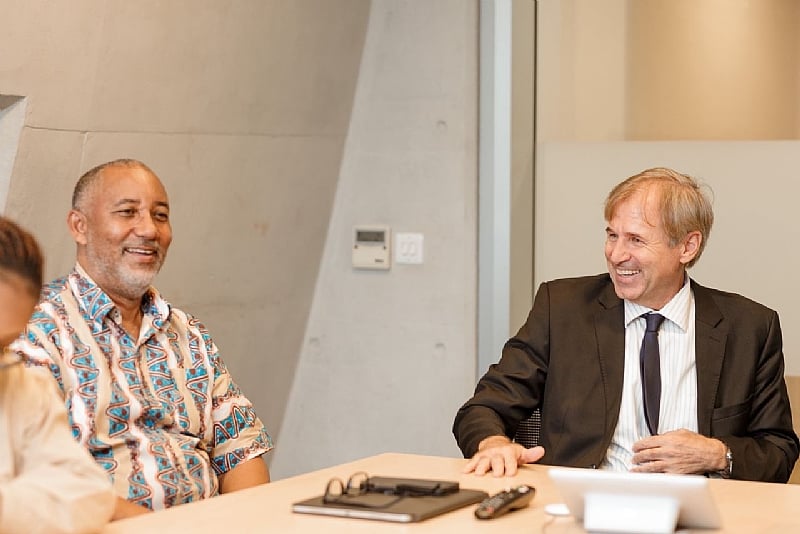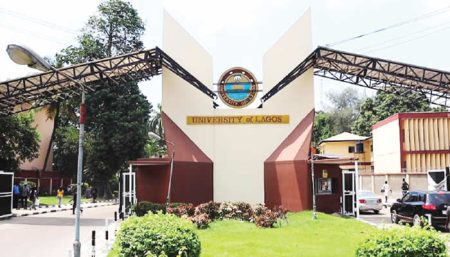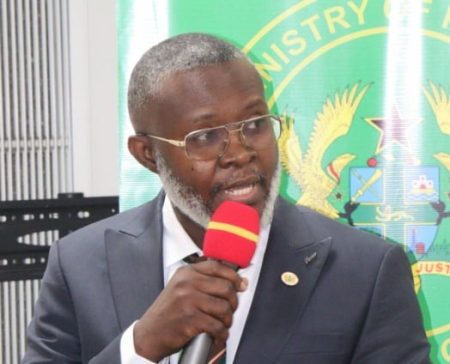The Millennium Development Authority (MiDA) and the International Finance Corporation (IFC) are embarking on a collaborative venture aimed at revolutionizing Ghana’s agricultural sector. This partnership seeks to catalyze substantial investment and development within the agribusiness domain, ultimately transforming the nation’s agricultural landscape and bolstering its role in regional food production. The collaboration stems from a meeting between MiDA’s Chief Executive Officer, Mr. Alexander Kofi-Mensah Mould, and IFC Senior Manager for Ghana, Liberia, and Sierra Leone, Kyle Kelhofer, focused on forging strategic partnerships to unlock the potential of key agricultural areas across Ghana.
MiDA has identified three strategic agricultural enclaves – Kasunya, Oti, and Afram Plains – covering approximately 50,000 acres, primed for large-scale agribusiness development. These enclaves are currently undergoing significant infrastructural development by MiDA, encompassing the construction of crucial elements like irrigation systems, electricity supply networks, road networks, and housing for anchor farmers. Upon completion, these developed lands will be leased to private developers for commercial farming activities. The provision of these vital infrastructural components is expected to attract significant private investment, stimulate job creation, and enhance agricultural productivity in these regions.
A key element in attracting the necessary funding and ensuring the long-term viability of these projects is the undertaking of comprehensive feasibility studies. Mr. Mould emphasized the importance of these studies, particularly concerning land use and infrastructure costs, including irrigation, to ascertain the cost-effectiveness and sustainability of the planned investments. These studies will provide a robust framework for informed decision-making and attract potential investors by demonstrating the potential for profitable and sustainable agribusiness ventures within these enclaves. Furthermore, Mr. Mould has been actively engaging with anchor farmers across the country, understanding their challenges and gathering valuable insights. This grassroots approach aims to inform policy development and support the government in making well-informed decisions about agricultural enclave development, aligning with the overarching goal of reducing the national import bill and achieving food self-sufficiency.
Ghana’s government, under President John Mahama’s administration, has prioritized reducing the nation’s reliance on food imports and achieving self-sufficiency in food production. This strategic objective underscores the importance of targeted investments in the agricultural sector. To further support this vision, Mr. Mould, drawing from his experience as a former Executive Director at Standard Chartered Bank responsible for Wholesale Banking, is working with government policymakers to design and implement targeted subsidies for farmers. These subsidies are specifically geared towards farm infrastructure development and providing access to essential agronomic inputs and tools, particularly machinery for land clearing and development, as well as crucial irrigation equipment. These measures aim to empower farmers, enhance productivity, and contribute towards the national goal of food security.
The IFC, recognizing the potential of this initiative, has pledged its support to MiDA. Mr. Kelhofer confirmed the IFC’s commitment to conducting detailed feasibility assessments for the three agricultural enclaves. This expertise will be invaluable in providing a robust foundation for the project and ensuring its long-term success. Moreover, the IFC has committed to mobilizing potential foreign direct investors for the project, leveraging its global network and experience in similar initiatives, including a successful project in Sierra Leone. This injection of foreign investment will be crucial in driving the development of the enclaves and stimulating economic growth in Ghana’s agricultural sector.
This partnership between MiDA and the IFC marks a significant stride towards transforming Ghana’s agricultural landscape. By focusing on strategic investments in infrastructure development, supporting anchor farmers, and attracting foreign investment, this initiative holds the potential to significantly boost agricultural production, reduce reliance on food imports, and position Ghana as a leading player in regional food production and agribusiness. The collaboration represents a significant commitment to sustainable agricultural development, promising to create substantial economic opportunities and enhance food security for the nation. The combined expertise and resources of MiDA and the IFC create a powerful synergy, poised to unlock the vast potential of Ghana’s agricultural sector.














